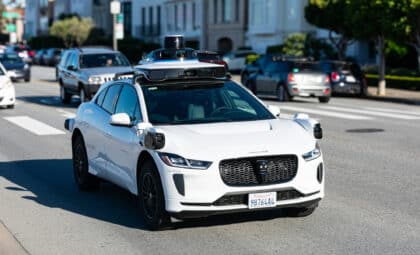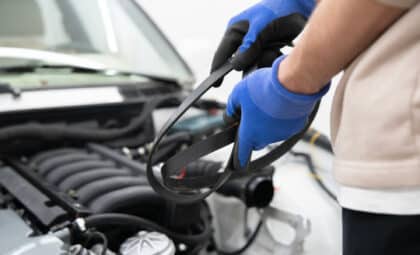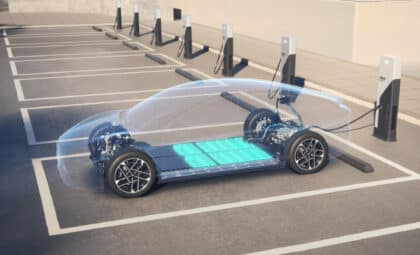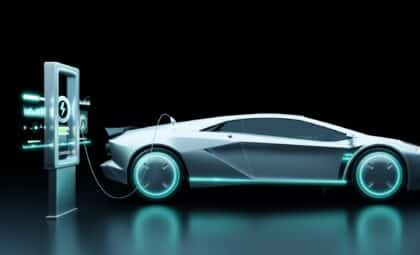The green car revolution has been gathering pace in recent years with major countries all around the world starting to embrace alternatively fueled vehicles. This is because motorists are becoming increasingly eco-conscious and manufacturers are now producing fantastic electric cars, but also because of many governments incentivizing the switch and even looking to put electric and diesel bans in place in the near future.
Ford’s Commitment
One manufacturer that has committed to an electric future is Ford. The immensely successful automaker recently announced that it will be boosting its investment in electric vehicles to $11 billion by 2022—more than doubling its previous investment. Bill Ford (chairman of Ford) stated that the company would have 40 hybrid and fully electric automobiles in its range within the next five years and that it would be electrifying its current range as he believes that this will be the key to success. Ford also teased the release of its first performance electric car—the Mach 1.
Reasons for Electrification
Many other large companies like Toyota, Volkswagen, and General Motors have already made similar plans to boost their investments in alternatively fueled vehicles. In addition to countries introducing tougher regulations on carbon emissions in a bid to save the planet, it is thought that manufacturers are beginning to focus on eco-friendly cars as they will support autonomous driving. This is important because autonomous driving will be a big step in the auto world and something that every company is striving towards.
There are currently many fantastic electric automobiles available and new models seemingly being introduced every week. Ford’s recent announcement means that its most popular vehicles from places like Unbeatable Car could soon be introduced and this will be huge because it is such a trusted brand with dozens of best-selling cars in different countries.
Infrastructure Concerns
Despite all of this, electric only currently makes up for 1% of the market and these vehicles are still a rarity to see on the roads. This is not down to the manufacturers, but instead because of the current lack of infrastructure on the roads. Whilst the number of electric charging points is growing rapidly, there are still concerns over the lack of places to charge (as well as charging times); this will significantly slow the progress of the electric car revolution.
Having more electric automobiles available will certainly help, particularly if they are current popular models. Additionally, if models are introduced that have faster charging times and a longer battery life, motorists will not be quite as hesitant about the lack of infrastructure on the roads. It is true that these models can be more expensive, but if motorists are aware of the government incentives and the cost savings in the long run, it will be easy to make the switch sooner rather than later.
The future certainly looks bright for the electric car revolution. Ford’s recent announcement that it will be more than doubling its previous investment in electric vehicles confirms that major manufacturers are focusing their efforts on a greener future, plus the tougher regulations and incentives that are being introduced. There is still work to be done in terms of infrastructure in both big and small countries around the world, but this will certainly improve quickly, particularly with governments so eager to reduce carbon emissions.
This is a collaborative article.











